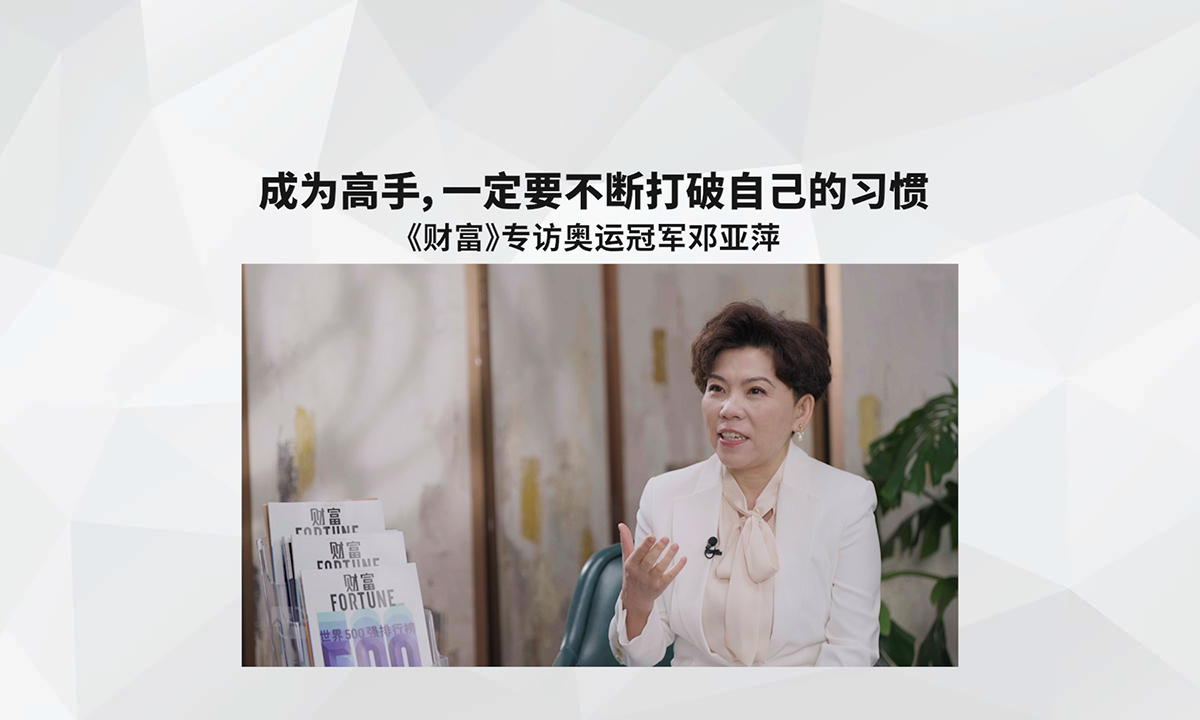Along came some salesmen from an enterprising American company which made industrial pest control products. They visited Guangzhou and delivered a technical seminar to the comrades in charge of the Dong Fang Hotel. Their products promised to solve the cockroach problem. So a deal was done. The institutional bug-bomb was purchased, and deployed in time for the spring, 1978 trade fair.
Sure enough, as that trade fair opened, many guests commented positively about the seemingly sudden absence of cockroaches. That was the good news.
The bad news was that unfortunately -- and here is where the law of unintended consequences kicks in -- the presence of strong pesticides in the basement of the hotel, while eliminating the cockroaches, had the side effect of making life down there unpleasant for the rats, who as a result, migrated upstairs in vast numbers. Rats could be seen by day and by night, scampering down hallways, around the lobby, in the restaurants, and in the guest rooms. Alfred Hitchcock would have had a field day.
One of my Princeton classmates was also present during this extraordinary mass upward migration of rodents. One night, Jeff was sound asleep, clad only in his underwear. Prior to sleep, he had turned on the electric fan which sat upon the bedside table next to his pillow.
Suddenly, in the darkness of the wee hours, he was awakened by an odd noise and the sensation that bits of something were being blown onto his face and pillow: "clacketa-clacketa-thump-whoosh".
Blearily he grasped for and flicked on the light switch, only to behold a horrific sight: a rat had fallen into and between the spokes of his table fan, and bits of its fur, tail, whiskers, etc. were being broadcast across his pillow: "clacketa-thump-clacketa-whoosh."
Screaming, he ran from his bed, clad only in his undies. Down the hall he thundered, in the direction of the service desk, where two young Chinese women were on duty, but understandably sound asleep. Here, at 3 a.m., they were being rudely roused from sleep by the sight of a crazed foreigner galloping towards them, waving and gesticulating madly, far from fully clothed, shouting something about having an "old book" in his room.
What?!!!!
Due to his state of high anxiety, Jeff's Chinese pronunciation had gone a bit wobbly, so that his effort to say "rat" (lao shu) yielded instead the tones for "old book" (lao shu).
Very matter of factly, and as if they had been well trained for just such an eventuality, the two young ladies followed him back to his room and nonchalantly picked up and removed the deceased rat. End of story.
I've often wondered since that time if either of them has told this story as often as Jeff and I have. Maybe not.
Big changes in the wind
My second story illustrates that to communicate effectively requires not only the grasp of language, but also knowledge of culture, including the prevailing values and attitudes of the day.
Late 1978 was a watershed time during which the pro-reform elements in China's leadership exerted their influence decisively and set in motion a series of far-reaching, long-term changes, but there were still powerful anti-reform forces in China's political mix.
The years from 1980 to 1985 saw groundbreaking new policies in China's foreign trade and investment, and also new domestic initiatives aimed at decentralizing economic management, reforming agricultural production, and kick-starting the formation of private businesses. This was a time when the seeds of far-reaching, dramatic change were being sown.
Policies and directions can be changed from the top, but inevitably it takes time for bold new ideas to sink into ordinary people's minds.
No first class cabins
More and more regions of China were being opened to foreign tourism in the late 70s. In the summer of 1978 I had the opportunity to visit Beijing with an American publisher and his wife, after the conclusion of a successful new magazine launch. Our next goal was to travel from Beijing to Chongqing and take a ferry boat down the Yangzi River, to Wuhan. This was before such trips were packaged and marketed, so we visited the China Travel Service office in Beijing to make inquiries and attempt to make reservations on the boat through them. This was an unusual request, and they said they could not handle it directly. They eventually offered to help me place a call -- at my cost -- to their Chongqing office, so I could ask them for local assistance.
Once the line was connected, I explained in Chinese that we wanted to book two first class cabins on the boat from Chongqing to Wuhan.
"Do you have two first class cabins available on August 15th?"
"No."
"So you are fully booked on that date?" I asked.
"No."
"Then may I reserve two first class cabins please..."
"No."
"Is there a ferry boat sailing from Chongqing to Wuhan on that date?"
"Yes."
"Are the first class cabins on that boat fully booked?"
"No."
"Is it possible that we can reserve two first class cabins then?"
"No."
"Are there cabins on the boat?"
"Yes."
"How many cabins?"
"Many."
"What kinds of cabins are available on the boat?"
"Different kinds."
"Can you tell me in more detail?"
"Fourth class, third class and second class."
"Ahhh...so the best class of cabin on the boat is second class?"
"Yes."
"Do you have two second class cabins available on that date?"
"Yes".
"Can I book them?"
"Yes."
I should have known from the outset that in the prevailing mindset of the day, 'first class' still had unwanted bourgeois overtones in the context of the dictatorship of the proletariat.
The arrival of more and more foreigners in China in the early 1980s created a fair amount of confusion. Generally, Chinese people responsible for the well-being of foreigners tried very hard to accommodate their needs as well as possible given the circumstances.
Thanksgiving
My third story took place in the early stages of the open door policy, when the trickle of foreign residents in China was growing, but still in an early, experimental phase, and mainly in Beijing. It illustrates the respect we should have for cultural differences.
I had two American friends doing their PhD research at a university in Sichuan province during the early 1980s, who as it happened were among a half dozen or so Americans also doing research there at the time. When their local foreign affairs minder inquired routinely one day about their needs, one of them mentioned that the Thanksgiving holiday was coming up. He explained the background, the customs, and inquired about whether it would be possible to find a turkey for a Thanksgiving dinner as an antidote to the group's homesickness.
The foreign affairs fellow said that could be a very challenging request, because turkeys were almost unknown in China, but that he would do his best. He promised to start looking, and keep them informed of progress.
They agreed that if he found them a turkey, they would help the school's cook to prepare it. So off he went.
In the ensuing weeks his interim reports on finding a turkey were not encouraging. This was long before there were supermarkets in China, and his inquiries were leading nowhere.
Finally, he happily informed them that he had succeeded in obtaining a turkey for their Thanksgiving dinner after all. Delighted, they worked with the chef and cobbled together a fitting Thanksgiving feast. Everyone was happy. Sincere thanks all around.
One of the grateful Americans later asked him where he'd finally found the turkey. He explained that, having exhausted all other possibilities, and knowing how badly they wanted a Thanksgiving turkey, he had turned to the source of last resort: the Chengdu Zoo.
30 years of mega changes
I've spoken of far reaching changes with their beginnings in the late 1970s and early 1980s, which I was fortunate to witness first hand. China's embrace of the open door policy and market economics has unleashed a torrent of phenomenal, ongoing change which has transformed most aspects of the social, economic and physical landscape in China, as well as China's role in the world economy and world affairs.
On a personal note, I couldn't have asked for a more interesting or rewarding career path, or a more intellectually stimulating time to be engaged with China's remarkable transformation. I feel very fortunate in that regard, especially having begun the study of Chinese when it was considered an offbeat, arcane pursuit by many.
Most of that was due to good luck, from having been in the right place at the right time and somehow avoiding major screw-ups.
That luck included starting my business in anticipation of China's opening to the West, and later shifting the focus of our published products away from trade magazines, when it became clear that the next big wave on the horizon was the emergence of a middle class in China, as well as the tremendous appetite for management information to cope with the new landscape of rapid change and competition in business, which resulted from the open door and reform policies.
That led us to launch the Chinese edition of FORTUNE Magazine, under license from Time Inc., 15 years ago. FORTUNE China now enjoys a circulation in print 18 times a year of more than 180,000 copies, as well as a robust online audience and a loyal following for our conferences and events.
Perspectives on a career involving china
I'd like to share some advice on careers in this final section of my remarks today. These are somewhat universal but all of them, in my humble opinion, can help you to build a successful career involving China.











